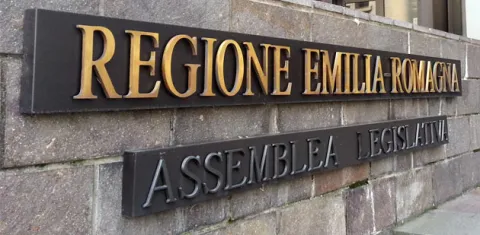
The better regulation approach considers regulation as a circular process that goes from the ex-ante phase to legislative drafting, up to the approval of the regulation itself and subsequent ex-post monitoring. A phase that is particularly important from an evaluation point of view, since it is here that the participation of citizens and stakeholders comes into play: the social partners and, in general, the so-called stakeholders.
It is the approach of LUMSA University's professionalising course on the quality of regulation. An initiative dedicated to professionals in the public and private sectors and to scholars who intend to acquire or perfect their knowledge of the tools for better regulation. A project of particular importance from a national and European point of view, so much so that it has been recognised as a Jean Monnet Module for the period 2016-2019 and Jean Monnet Chair from 2020 to date.
And it is precisely on the sidelines of the last edition of the advanced training course that Barbara Cosmani, Enzo Madonna and Monia Masetti, from the Legislative Affairs and Assembly Committee Coordination Service of the Legislative Assembly of the Emilia-Romagna Region, and Federica Paolozzi from the Legislative Affairs and State Aid Service, General Directorate for Resources, Europe, Innovation and Institutions of the Emilia-Romagna Region Council, begun their research.
In particular, starting from the experience gained by the Region during the process of approval and implementation of the regional law 15/2018 (the "Law on participation in the elaboration of public policies"), they conducted a study on "Impact analysis and evaluation of public policies in the Emilia-Romagna Region: Can participation promote the evaluation of laws?".
The project work retraces the process followed for Regional Law 15/2018, explores the definition of participatory evaluation and the regional laws with an evaluation clause that provides for. Moreover, it offers insights into some phases of a possible "ideal" process to implement participatory evaluation and analyses consultations within the evaluation phase considering the guidelines outlined by European, national and regional legislation. Finally, it describes the importance of communication in each phase of the cycle of regulatory processes and also provides a hypothesis on the possible implementation of guidelines on consultations, also to avoid the overvaluation of some interests over others and to "give a voice to those who do not have one".
In extreme synthesis, the work of Barbara Cosmani, Enzo Madonna, Monia Masetti and Federica Paolozzi has highlighted how stakeholders' active participation can be a valid tool in terms of exchange of views and knowledge of the topic and understanding of collective interests, and can consequently increase legislative quality.
The study - "Impact analysis and evaluation of public policies in the Emilia-Romagna Region. Can participation promote the evaluation of laws?" - was at the centre of a public presentation promoted on 26 November 2021 by the Interregional Legislative Observatory (OLI), a tool for liaison and training between the legislative offices of the Regional Councils and Councils and Autonomous Provinces.
Additional information and materials
Analysis and evaluation of public policies
participation.region.emilia-romagna.it
Submitted on Wed, 12/15/2021 - 11:08

